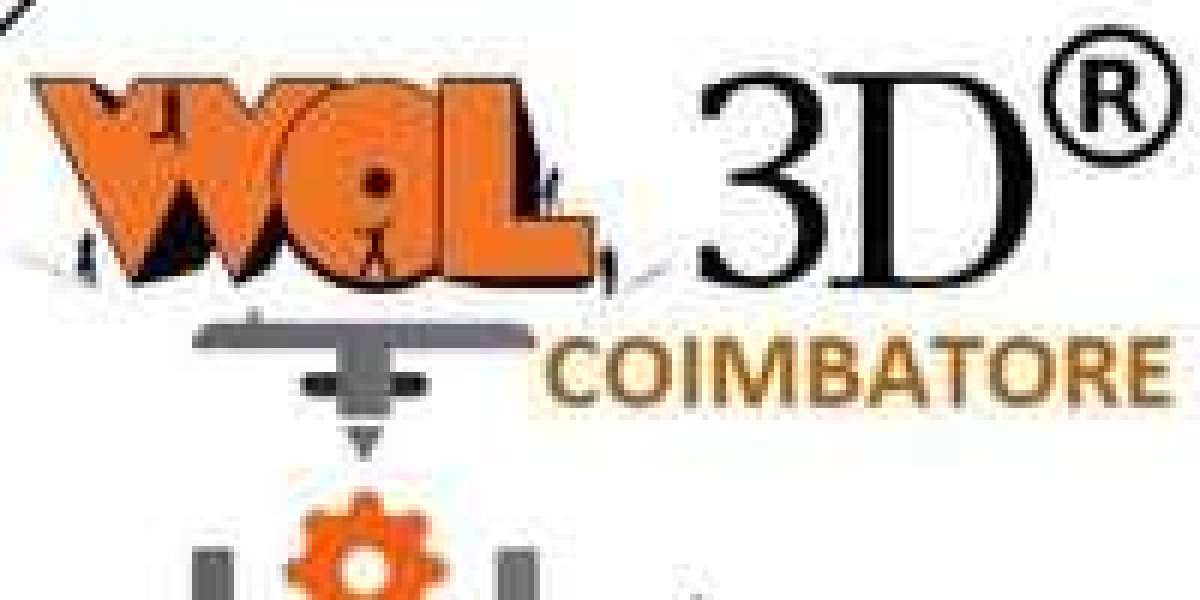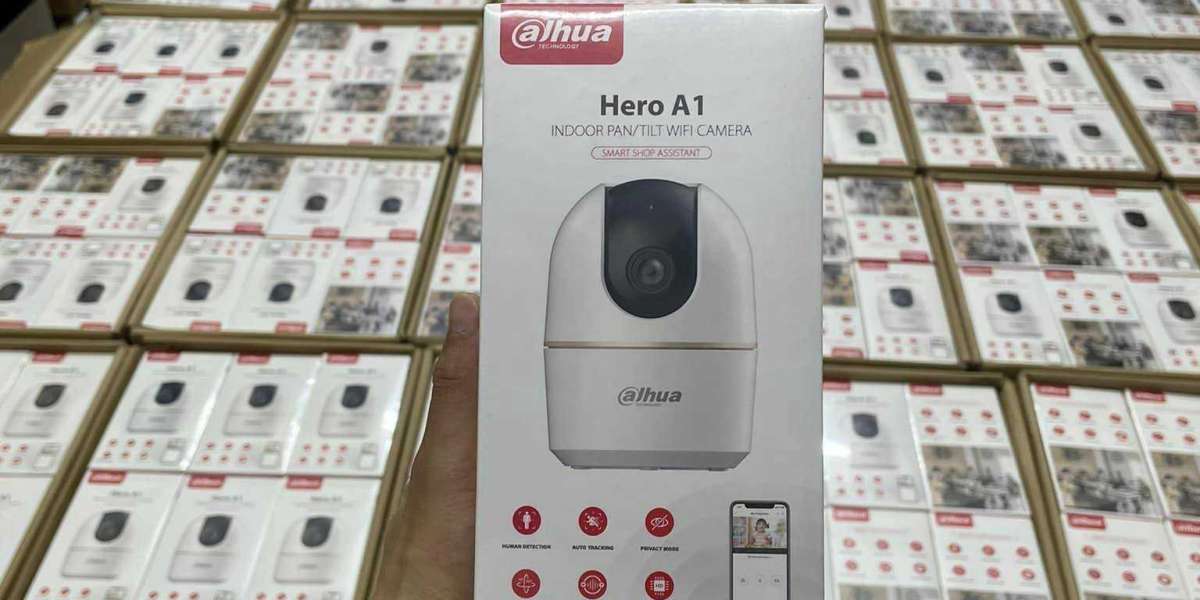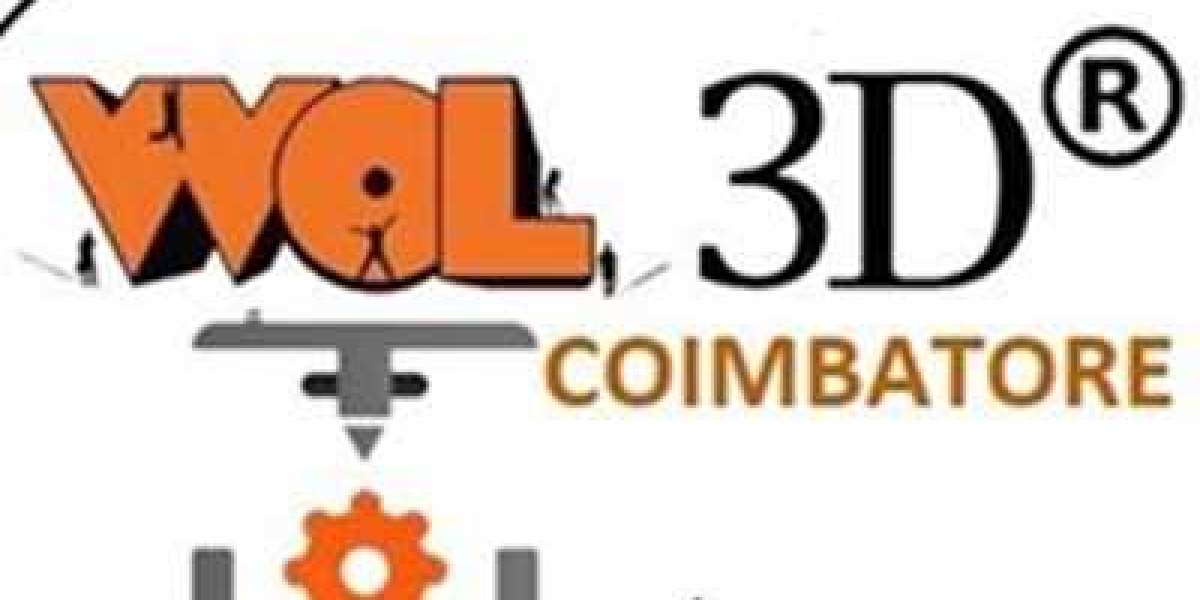In the ever-evolving landscape of industrial environments, ribbon barcode technology has emerged as a pivotal tool. This technology not only enhances operational efficiency but also ensures accuracy and reliability in various applications. In this article, we will delve into the numerous advantages of ribbon barcode technology, its applications, and why it is indispensable for modern industries.
What is Ribbon Barcode Technology?
Ribbon barcode technology involves the use of thermal transfer ribbons to print barcodes on various surfaces. This method is renowned for its durability and precision, making it ideal for industrial settings where labels must withstand harsh conditions.
Key Benefits of Ribbon Barcode Technology
Why should industries consider adopting ribbon barcode technology? The benefits are manifold:
- Durability: Labels printed with ribbon barcode technology are resistant to abrasion, chemicals, and extreme temperatures.
- Accuracy: The precision of thermal transfer printing ensures that barcodes are clear and easily scannable.
- Versatility: This technology can be used on a wide range of materials, including paper, polyester, and polypropylene.
Applications in Industrial Environments
Ribbon barcode technology finds applications in various industrial sectors. For instance, in the manufacturing industry, it is used for labeling products, parts, and inventory. In the logistics sector, it aids in tracking shipments and managing warehouse operations efficiently.
“Ribbon barcode technology has revolutionized the way we handle inventory and track shipments. Its reliability and precision are unmatched.”
Case Study: XYZ Manufacturing
XYZ Manufacturing, a leading player in the automotive industry, implemented ribbon barcode technology to streamline its operations. The results were impressive:
- Reduction in labeling errors by 50%
- Improved inventory management efficiency by 30%
- Enhanced traceability of parts and products
Choosing the Right Ribbon Barcode Printer
When selecting a ribbon barcode printer, consider factors such as print speed, resolution, and compatibility with different ribbon types. One highly recommended model is the Thermal Transfer Printer 3000, known for its high-speed printing and exceptional print quality.

Conclusion
In conclusion, ribbon barcode technology offers numerous advantages for industrial environments. Its durability, accuracy, and versatility make it an essential tool for modern industries. By adopting this technology, businesses can enhance their operational efficiency and ensure the reliability of their labeling processes.
For more information on ribbon barcode technology and its applications, watch the video below:








